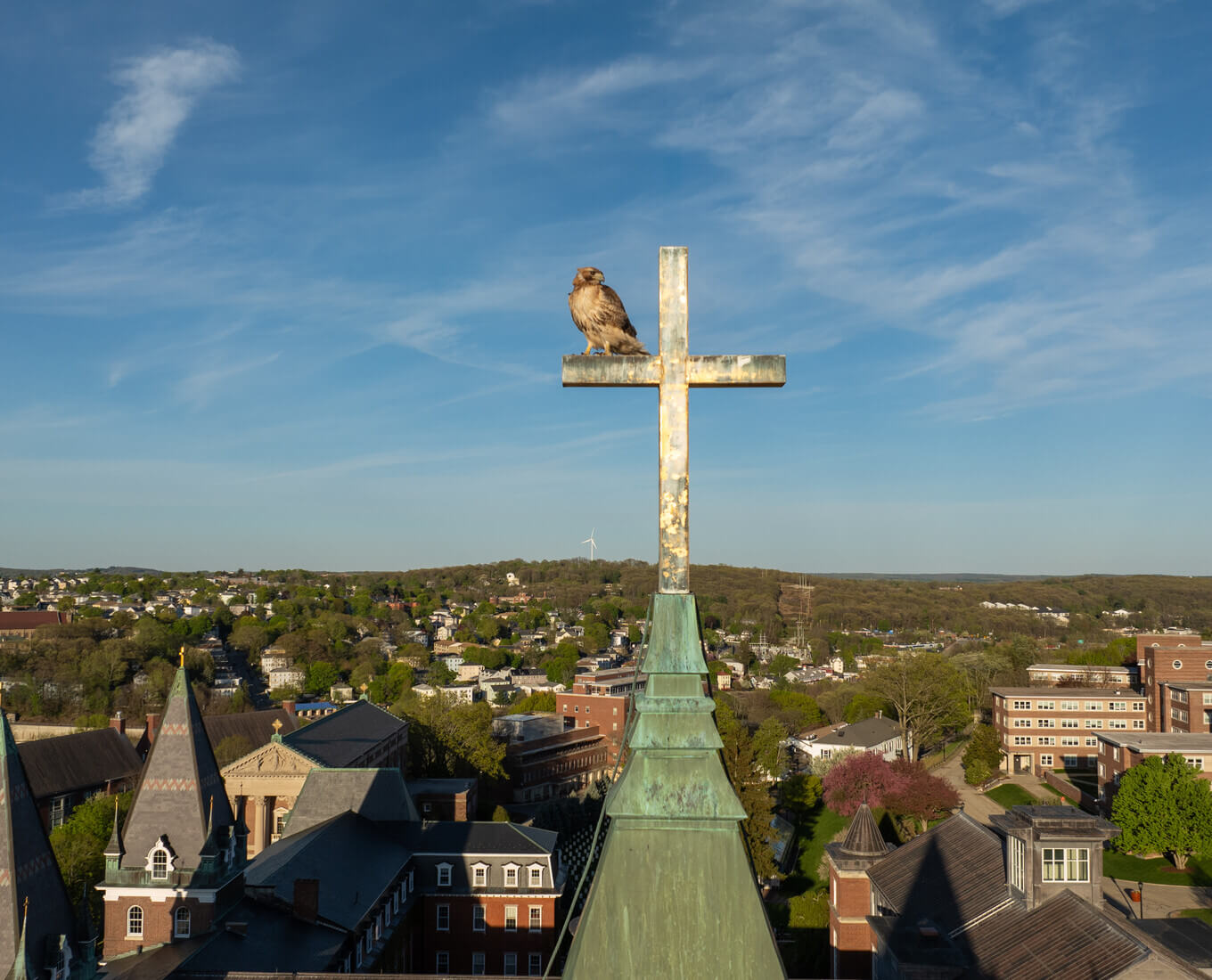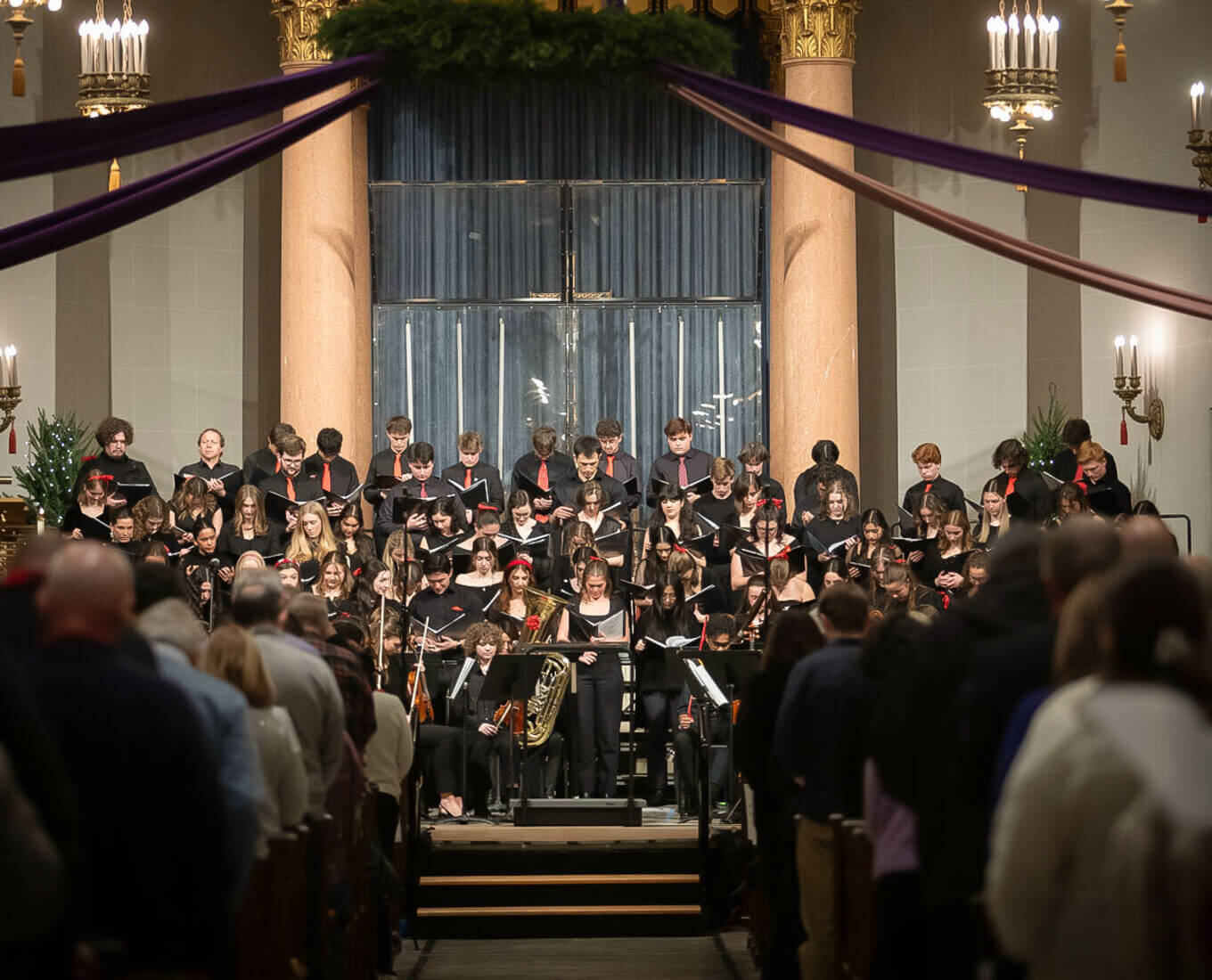WORCESTER, Mass. – Michael P. Sandstrom, who graduated from the College of the Holy Cross in 2004 with a degree in visual arts and minor in computer science, has been awarded a Fulbright Creative Research Grant to study and work in Berlin, Germany.
The title of his proposal is “Exploring Heimat: Questioning Identity in Times of Political Turmoil.” In Berlin, he will research and explore the history and culture associated with the German notion “Heimat.” With access to the Flusser Archiv, in Berlin, he expects his research into the genealogy of “Heimat,” coupled with his immersion into German culture, to inform a new body of work that will examine his own personal struggles associated with mistaken identity and a severed ancestral lineage.
The project will involve four major components: onsite research into the historical and cultural implications of Heimat; cultural immersion and field work; an advisory relationship with Inge Mahn, professor/artist at Kunstakademie Weissensee; a studio practice in Berlin where Sandstrom will develop a body of work to be exhibited in Germany and the United States.
After graduating from Holy Cross, Sandstrom received a post-baccalaureate certificate from the painting department at the School of the Art Institute of Chicago. Upon completion of the program, he received a graduate fellowship to attend the Maryland Institute College of Art in Baltimore. He graduates with a master of fine arts this month. Sandstrom’s permanent residence is Worcester.
Each year about 1,000 college students are awarded grants through the Fulbright Program, the U.S. government’s flagship program in international educational exchange. Fulbright grants are made to U.S. citizens and nationals of other countries for a variety of educational activities, primarily university lecturing, advanced research, graduate study and teaching in elementary and secondary schools. Since the program’s inception in 1946, more than 250,000 participants — chosen for their leadership potential — have had the opportunity to observe each other’s political, economic and cultural institutions.
Visual Arts Alumnus Earns Prestigious Fulbright Award to Germany
Read Time
1 Minute


